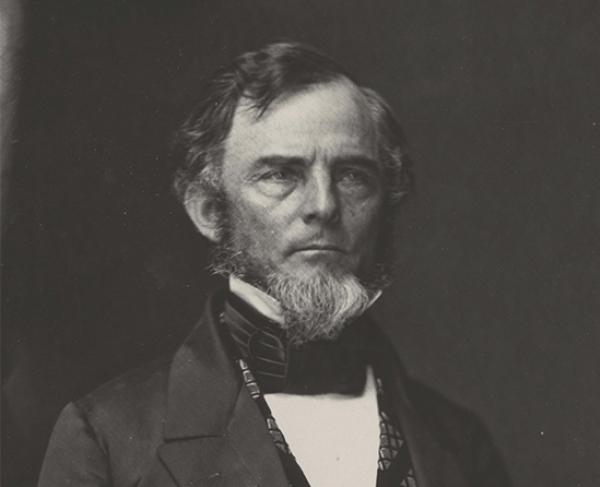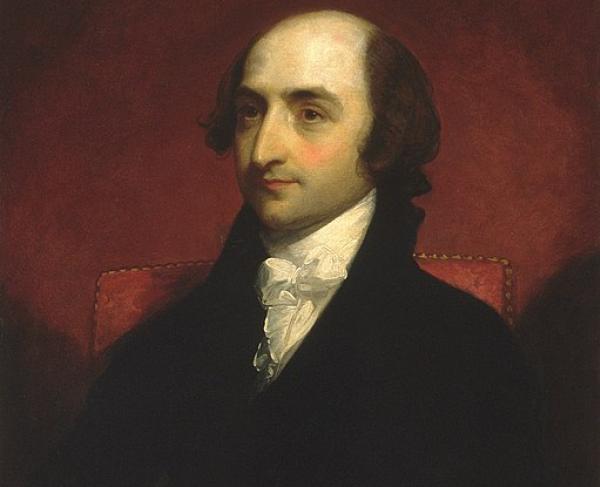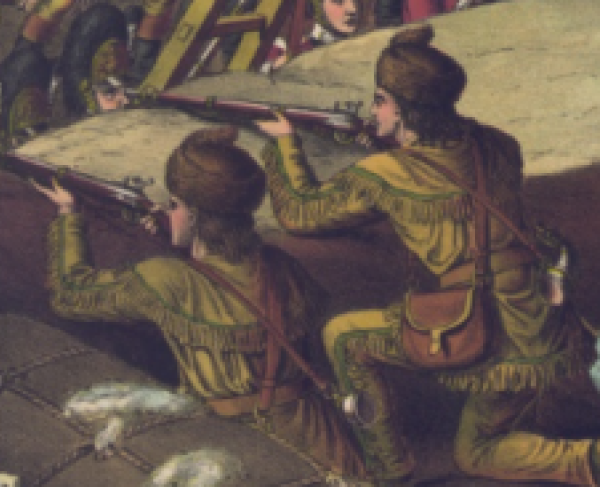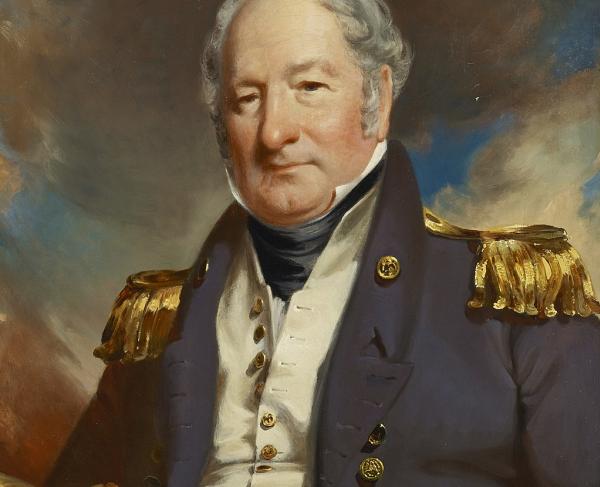Gideon J. Pillow

According to Who Was Who in the Civil War, Gideon Johnson Pillow was “one of the most reprehensible men ever to wear the three stars and wreath of a Confederate general” (Sifakis 508). It was reported that during the January 2, 1863 Battle of Stones River, Pillow hid behind a tree instead of leading his men into the fray. His most famous action, however, is his roll in the loss of Fort Donelson.
Pillow had been President James K. Polk’s law partner. During the Mexican war, Polk appointed Pillow Brigadier General of Volunteers. Pillow managed to infuriate both Zachary Taylor and Winfield Scott and narrowly missed being court-martialed for trying to take credit for victories at Churubusco and Contreras. Afterwards, he failed to win a Senate seat and was twice unable to win a nomination for Vice President.
At the war’s outbreak, Tennessee Governor Isham Harris made Pillow a major general in the Provisional Army of Tennessee. In July 1861 he became a brigadier general in the Confederate Army. He received the thanks of the Confederate Congress for his role in the December 1861 Battle of Belmont, MO (this was Ulysses S. Grant’s first battle). After Belmont, Pillow was briefly given command of Fort Donelson.
During the February 1862 assault at Fort Donelson, Pillow was initially successful in his attack on Grant’s forces. However, he decided to pull his men back into their trenches – losing all of the ground they had won that day. The commanding general, John B. Floyd, turned command over to Gideon Pillow. Pillow, in turn, gave command to Simon Bolivar Buckner. Buckner surrendered the fort to Grant.
Pillow commanded a brigade of Tennessee soldiers during the last day of Stones River. The division commander, Maj. Gen. John C. Breckenridge, was infuriated when he found Pillow hiding behind a tree instead of leading his men.
After Stones River, Pillow headed the Army of Tennessee’s Volunteer and Conscription Bureau. He was then appointed commissary General of Prisoners (1865). Following the war, Pillow practiced law once again – this time with Isham Harris. He died in Memphis of yellow fever.


